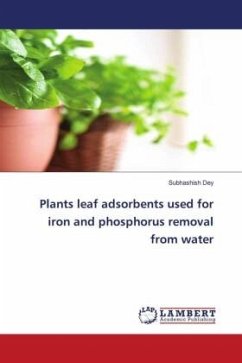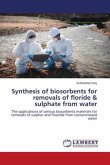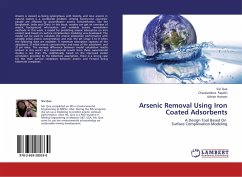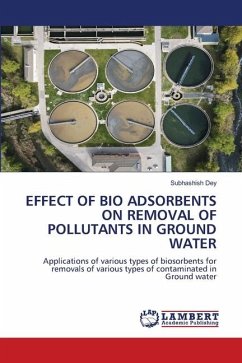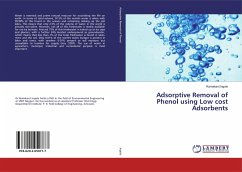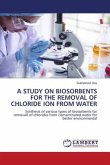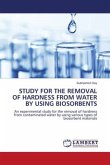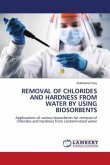The fresh water contains 3% in the worldwide. Human and industrial activities produce and discharge wastes containing iron and phosphorous metals into the water resources making them polluted and threatening human health and ecosystem. Conventional methods for the removal of iron and phosphorous metal ions such as chemical precipitation and membrane filtration are more expensive when treating large amounts of water, inefficient at low concentrations of metal and generate large quantities of sludge and other toxic products that require careful disposal. Bio-sorption is eco-friendly and alternatives methods for treatment of waste water. These methods have advantages over conventional methods because it has a lower cost, easily available and reused. The present work studies the feasibility use of neam leaf, custard apple leaf, sapodilla leaf, mango tree leaf, java palm leaf and guava leaf as a bio-sorbent in removal of iron and phosphorous from water. The removal efficiency 100% obtained from this work. The effects of different parameters like contact time, agitation speed, adsorbent dosage, pH and temperature are also studied.

